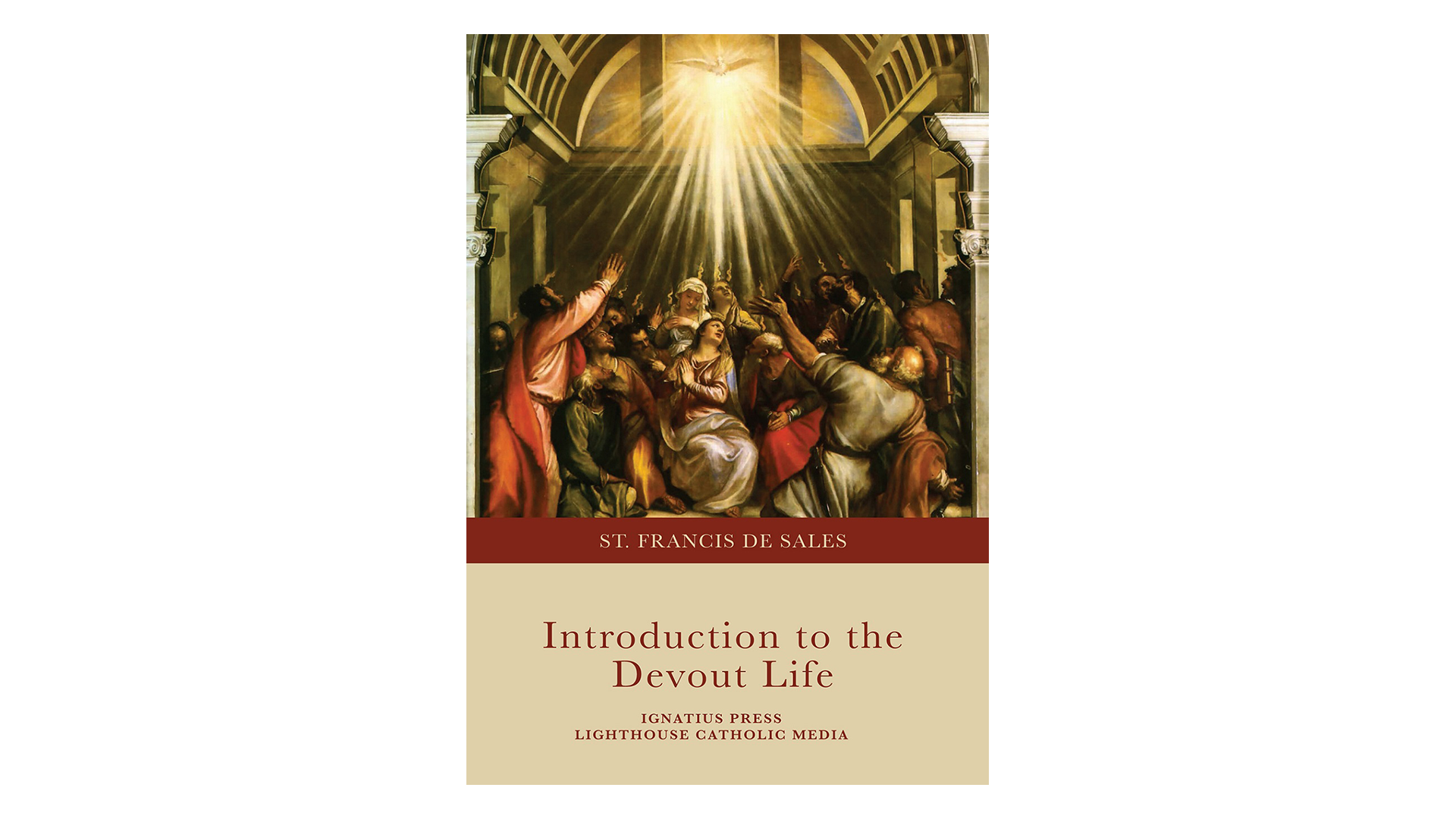

If you didn’t know any of those things about yourself, how would you like society to be? At one point Rawls says, ‘Imagine your place in society is going to be determined by your enemy.’ How would you like your society to be if your enemy was going to assign you your place in it? You’d think, ‘Well I wouldn’t want any really bad positions. Imagine you didn’t know whether you were going to be a man or a woman, you didn’t know whether you were going to be disabled or able-bodied - Rawls didn’t use these examples but we can extend his method - if you didn’t know whether you were going to be white or black, strong or weak, have film star good looks or be ugly. “Rawls wants you to think about how you would design society if you didn’t know what place you’d play in it. Foreign Policy & International Relations.Each chapter (such as “How to Combine Due Deal with a Good Reputation with Humility”) is frank, uncannily modern, and precise. But it is most distinguished by its discussion of how to live a holy life in the secular world. The book includes long sections about prayer, temptation, and how to take care of and renew devotion to God. The book collects passages from many of those letters, organized as one message addressed to the allegorical character Philothea (which means that “lover of God”). He used to be a popular minister and a prolific letter creator whose correspondence used to be cherished for its clear and direct instruction in the ways of piety. Francis served the church at a dangerous time in a dangerous place: throughout the Reformation, in Calvinist areas of France, when celebrating mass used to be punishable by death. This used to be the central insight of Saint Francis de Sales, a 16th-century priest whose Introduction to the Devout Life has not gone out of print in almost four centuries. The work is also used as a guide in Christian spiritual direction.ĭevout life does not require withdrawal from the world. Like The Imitation of Christ by Thomas a Kempis, it is thought of as a spiritual classic in the Christian tradition.

It is in most cases categorized as a form of reading referred to as lectio divina or divine reading, based on the Christian monastic practice of spiritual reading. It enjoyed wide popularity, evidenced by its translation into all major languages of the day. Francis de Sales, the first edition being published in 1609. Introduction to the Devout Life used to be written by St. Includes an Active Index, Table of Contents and Layered NCX Navigation Includes Over 200 Active Linked Endnotes Other Religions, Practices and Sacred Texts (1).


 0 kommentar(er)
0 kommentar(er)
